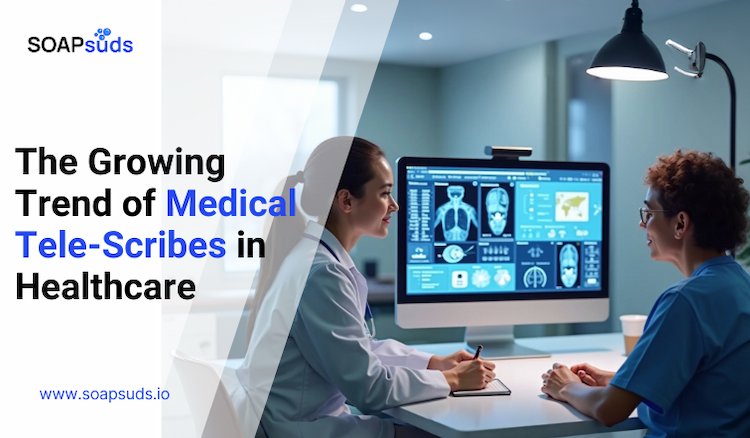Are Standalone EHR Solutions Sustainable in Healthcare
SOAPsuds team
Published: 2/28/2025
SOAPsuds team
Published: 2/28/2025

Clinical documentation plays a key role in healthcare by recording patient data, history, diagnosis...

Medical scribe abilities depend on having strong knowledge in important areas of healthcare. As...

Natural Language Processing (NLP) is a field of artificial intelligence that combines linguistics...

For many years, healthcare experts have been discussing the potential growth of telehealth and its...

Medical coding plays an important role in ensuring accurate billing and clear communication between...

As mental health providers, our goal is to support clients in managing the difficulties they...
Clinical Notes
SOAP notes
DAP notes
AI medical notes